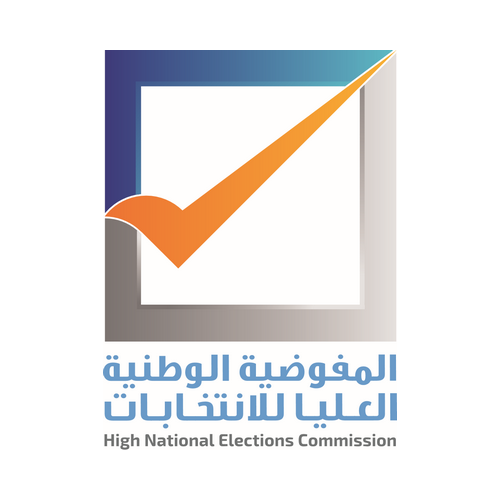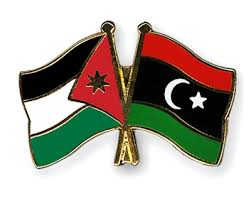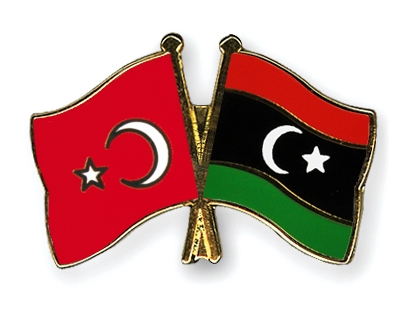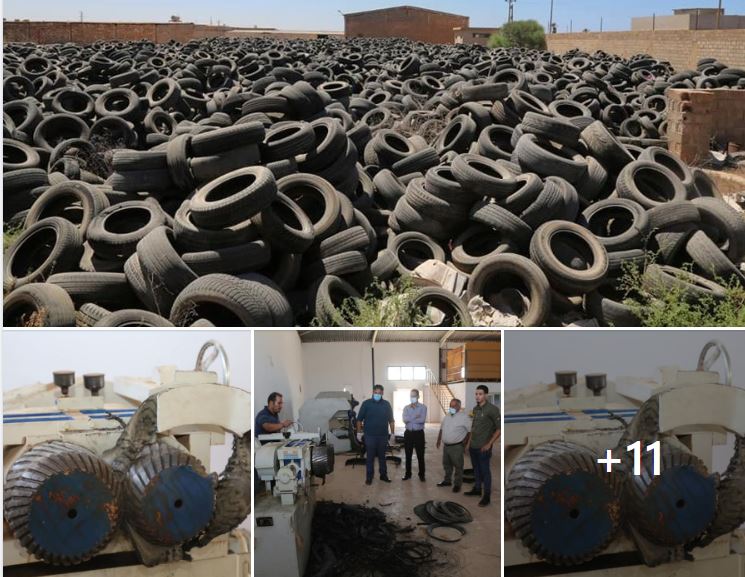By Sami Zaptia.
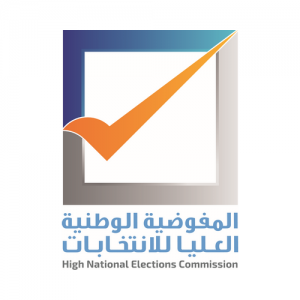
London, 5 September 2020:
Following the call by Faiez Serraj, Prime Minister of Libya’s internationally recognized government in Tripoli, for Libyan General Elections to be held in March 2021, the head of Libya’s High National Election Commission (HNEC) Emad Al-Sayeh said HNEC was not ready to hold elections.
Speaking on local Libyan TV last Thursday, Sayeh said that if the lack of funding continues HNEC will not be able to hold any elections. He said HNEC was in crisis and was not even able to manage its normal affairs due to lack of funds.
Sayeh expressed his surprise that Serraj had, in his big speech in reaction to the demonstrations against his government’s ineffectiveness in solving the electricity, water, fuel, liquidity and corruption crises – called for elections in March of next year. His surprise was because the Serraj government had not provided even the minimum budget necessary for the operation of HNEC.
The HNEC head revealed that the Serraj government had been putting pressure on HNEC for five years and that it had reached such an extent that it was unable to manage its normal affairs. He said that his organization had development plans in place, but the lack of funding prevents it from playing its part in educating voters about laws, conditions for candidacy and all electoral systems
Nevertheless, despite these what seem insurmountable difficulties, the HNEC head predicted that there would be significant participation in any future Libyan General elections.
Analysis
The intervention by the head of HNEC highlights a few points of note. Firstly, that successful democracy is more than successful procedural elections. Elections are a process, but democracy has many more components, including a wise and educated electorate.
Holding an election process is not democracy
It will be recalled that post the 42-year Qaddafi era that ended in 2011, procedurally, Libya held two successful democratic elections; the 2012 General National Congress (GNC) elections and the 2014 House of Representatives (HoR) elections.
Unfortunately, periods of total instability followed both. It can indeed be argued that Libya’s elections added, if not incited, instability leading to the Tripoli militia coup of 2014 which led to Libya’s political split until this day.
Voters must be able to make informed choice
For the results of successful elections to occur, the electorate must experience a voter-education process that enables them to digest the political messages of candidates and make an informed choice at the ballot box. It can be argued that in both the 2012 and 2014 general elections many Libyan voters were not well informed and were unable to make critical informed choices.
This means that for Libya’s next elections to be more successful, the period between the announcement of the election date and the holding of the election must be long enough to allow the electorate to be able to investigate their prospective candidates and make a more informed choice.
Too often HNEC concentrated its media campaign on the process of electing and voting, but not enough funds and processes were allocated to the questioning and interrogation of candidates. For example, many successful candidates were accused of being insincere with their electorate about their real political leanings – which only emerged after the results of the elections.
Libya can continue to hold as many procedural elections as it wants, but there will be nothing democratic about them if the results of said elections are not respected by all. This includes the losers and Libya’s myriad of militias.
Ultimately, can Libya ever have a true democracy if it is a land of militias? Can there be a post-election democratic state if the state still does not enjoy a monopoly on the legitimate use of force? Why is there the continuing trend experienced pre the 2012 and 2014 elections that procedural elections will be the magic wand that will wash away all of Libya’s political and military problems? Two successful procedural elections in 2012 and 2014 have failed miserably to produce a stable political order.
Democracy presupposes that a society is in broad agreement on the basic rules of the game and that elections will help bring that society together to solve its problems. It also supposes that there is a state to enforce the results of said elections. Libya is looking to elections to help it build that state.
Politicking using the issue of elections
Since 2011, elections have often been used in Libya as the fig leaf and panacea for the country’s political crisis. Serraj has been using the issue of holding elections in his push and pull with Khalifa Hafter, Ageela Saleh and eastern Libya to politick and grandstand. He pretends holding procedural elections is the solution to Libya’s current problems. He either does not understand the difference between elections and democracy, or he is disingenuous.
The polarization and gap between western and eastern Libya, is too wide. In view of the divisive nature of Libyan elections and the political instability that followed the last two elections, there clearly needs to be a lengthy period of reconciliation, soothing and soul-searching by Libyans – before any successful truly democratic elections are held. There needs to be a broad acceptance of a social contract – beyond the text of a constitution.
Serraj knows Libya is not ready and is in no state to hold immediate nationwide elections. The head of HNEC exposed that by confirming that Serraj has not provided him with any funds. Yet Serraj has been waving the election card for years now.
By continuing to throw the election card on the table while knowing non can realistically be held in the short term, Serraj is in effect voting for the continuation of the status quo – which keeps him in his post.
https://www.libyaherald.com/2020/08/25/serraj-big-speech-post-demonstrations-wont-resign-would-leave-office-through-lpa-reform-to-reform-ministries-and-use-emergency-powers-thanked-saviour-turkey/


